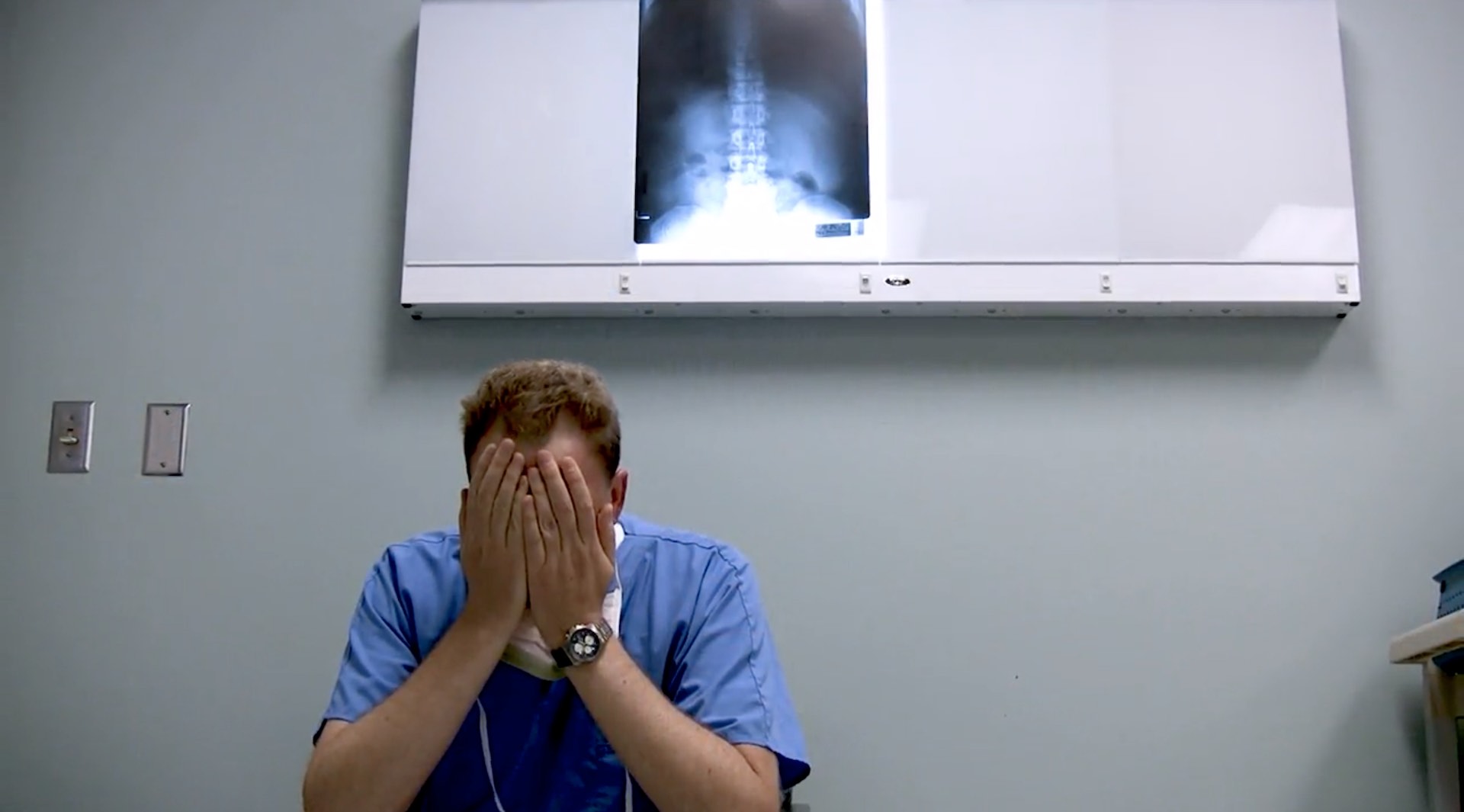Rituximab may reduce inflammation in severe lupus nephritis
Reuters Health • The Doctor's Channel Daily Newscast
March 10, 2009 • Critical Care, Family Medicine, Hospitalist, Internal Medicine, Nephrology, Reuters Health • The Doctor's Channel Newscast, Rheumatology
NEW YORK (Reuters Health) – Rituximab appears to be of benefit to some patients with severe proliferative or membranous lupus nephritis, according to a small French study published in online by the Clinical Journal of the American Society of Nephrology.
“Standard treatment for lupus nephritis, including corticosteroids and cyclophosphamide, is efficient but is still associated with refractory or relapsing disease, or severe deleterious effects,” note Dr. Fadi Fakhouri at Imperial College London, UK, and co-authors in France.
Because hyperreactive B cells are involved in the pathogenesis of SLE, the authors theorized that rituximab, a monoclonal anti-B cell antibody, would improve outcomes of severe lupus nephritis. Previous reports on this topic included patients with less severe kidney disease followed for short periods of time.
The 20 patients (ages 17-37) in their series had class IV or V lupus nephritis despite the fact that 18 patients had undergone high-dose immunosuppressive therapy. Eighteen patients had nephrotic syndrome and nine had acute renal insufficiency.
Rituximab was administered weekly for 4 weeks at 375 mg/m². Ten patients received the drug as a maintenance therapy following B cell rebound.
After median follow-up of 22 months (range 10-51 months), seven patients experienced a complete renal remission and five had a partial remission. Renal response occurred in less than 6 months in 6 patients, at 12 months in 5, and at 26 months in 1.
“Sixty percent response in severe lupus nephritis seems quite promising,” the team writes.
Extrarenal benefits were observed as well, including resolution of hematologic disorders in 6 of 12 patients and reductions in corticosteroid dosages.
There was a strong association between B cell depletion at month 1 and treatment success. Overall, renal remission occurred in 92% of those with B cell depletion.
None of the three patients with rapidly progressive glomerulonephritis responded to rituximab, nor did six of the seven black patients. Profound hypoalbuminemia, but not proteinuria, was also associated with lack of treatment response.
“Rituximab maintenance therapy seems to be a satisfactory therapeutic regimen, enabling long-term remission (more than 4 years in two patients) with little side effect,” the investigators note. “Prospective studies assessing the efficiency of rituximab… in severe lupus nephritis are warranted.”
Reference:
Clin J Am Soc Nephrol 2009;4:579-587.
“Standard treatment for lupus nephritis, including corticosteroids and cyclophosphamide, is efficient but is still associated with refractory or relapsing disease, or severe deleterious effects,” note Dr. Fadi Fakhouri at Imperial College London, UK, and co-authors in France.
Because hyperreactive B cells are involved in the pathogenesis of SLE, the authors theorized that rituximab, a monoclonal anti-B cell antibody, would improve outcomes of severe lupus nephritis. Previous reports on this topic included patients with less severe kidney disease followed for short periods of time.
The 20 patients (ages 17-37) in their series had class IV or V lupus nephritis despite the fact that 18 patients had undergone high-dose immunosuppressive therapy. Eighteen patients had nephrotic syndrome and nine had acute renal insufficiency.
Rituximab was administered weekly for 4 weeks at 375 mg/m². Ten patients received the drug as a maintenance therapy following B cell rebound.
After median follow-up of 22 months (range 10-51 months), seven patients experienced a complete renal remission and five had a partial remission. Renal response occurred in less than 6 months in 6 patients, at 12 months in 5, and at 26 months in 1.
“Sixty percent response in severe lupus nephritis seems quite promising,” the team writes.
Extrarenal benefits were observed as well, including resolution of hematologic disorders in 6 of 12 patients and reductions in corticosteroid dosages.
There was a strong association between B cell depletion at month 1 and treatment success. Overall, renal remission occurred in 92% of those with B cell depletion.
None of the three patients with rapidly progressive glomerulonephritis responded to rituximab, nor did six of the seven black patients. Profound hypoalbuminemia, but not proteinuria, was also associated with lack of treatment response.
“Rituximab maintenance therapy seems to be a satisfactory therapeutic regimen, enabling long-term remission (more than 4 years in two patients) with little side effect,” the investigators note. “Prospective studies assessing the efficiency of rituximab… in severe lupus nephritis are warranted.”
Reference:
Clin J Am Soc Nephrol 2009;4:579-587.









